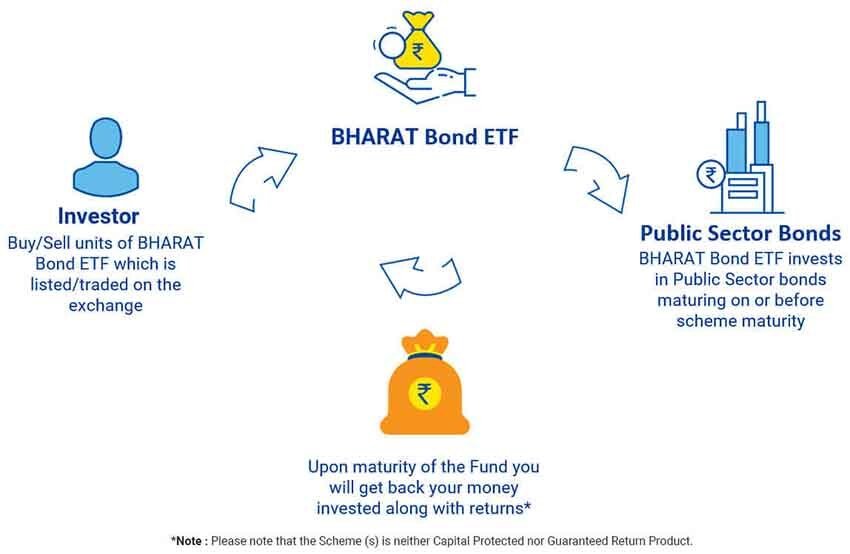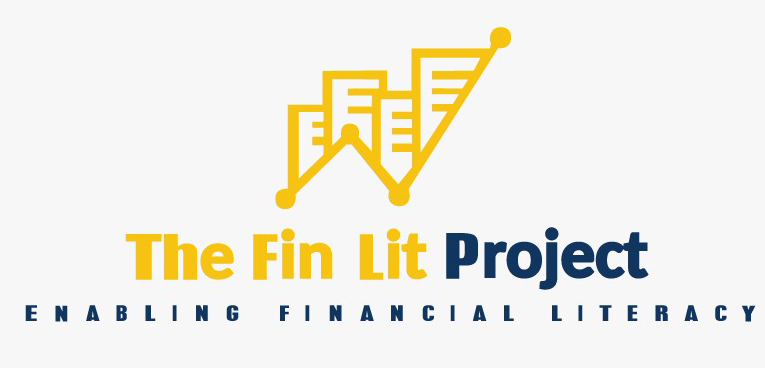The second tranche of the Bharat Bond exchange-traded fund (ETF) is set to open for bidding between July 14 and 17, with two more new ETFs maturing in 2025 and 2031.
According to data from the Association of Mutual Funds in India (AMFI), passive funds with no active role of a manager such as index and exchange-traded funds (ETFs) are fast gaining popularity among institutional and high net worth investors. The funds formed 47% of the total equity funds inflow in the 12 months to June 2020 compared with a share of just around 15.2% two years ago.
Let us first try to understand what ETFs are:
- An exchange traded fund (ETF) is a type of security that involves a collection of securities—such as stocks—that often track an underlying index, although they can invest in any number of industry sectors or use various strategies.
- The main difference between ETFs and other types of index funds is that ETFs don’t try to outperform their corresponding index, but simply replicate the performance of the Index. They don’t try to beat the market, they try to be the market.
- ETFs are in many ways similar to mutual funds. However, ETF prices fluctuate all day as the ETF is bought and sold. This is different from mutual funds that only trade once a day after the market closes.
- ETFs offer low expense ratios and fewer broker commissions than buying the stocks individually.
The initial series of Bharat Bond ETF came in December 2019 which was oversubscribed by 1.7 times and garnered over Rs 12,000 crore.
Bharat Bond ETF, the 1st corporate bond ETF in India comprises of a basket of bonds issued by CPSEs and other government entities. The fund would initially constitute only AAA-rated bonds.
On the issuer side, these bond ETFs are expected to offer Central Public Sector Enterprises and other government organisations additional source to meet borrowing requirements.
Bharat Bond ETF’s provide relative safety (as underlying bonds are issued by CPSE’s and government owned entities), liquidity (due to tradability on an exchange) and predictable tax efficient returns.

This is an initiative of GoI through the Department of Investment and Public Assent Management (DIPAM). The ETF is being managed by Edelweiss Asset Management Company.
To know more about the Bharat Bond ETF, click here.


